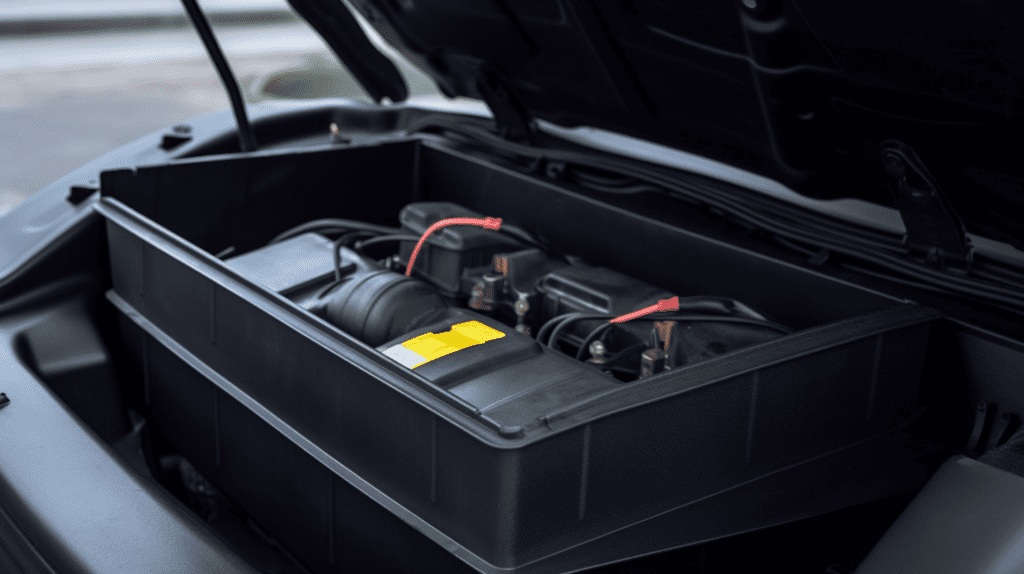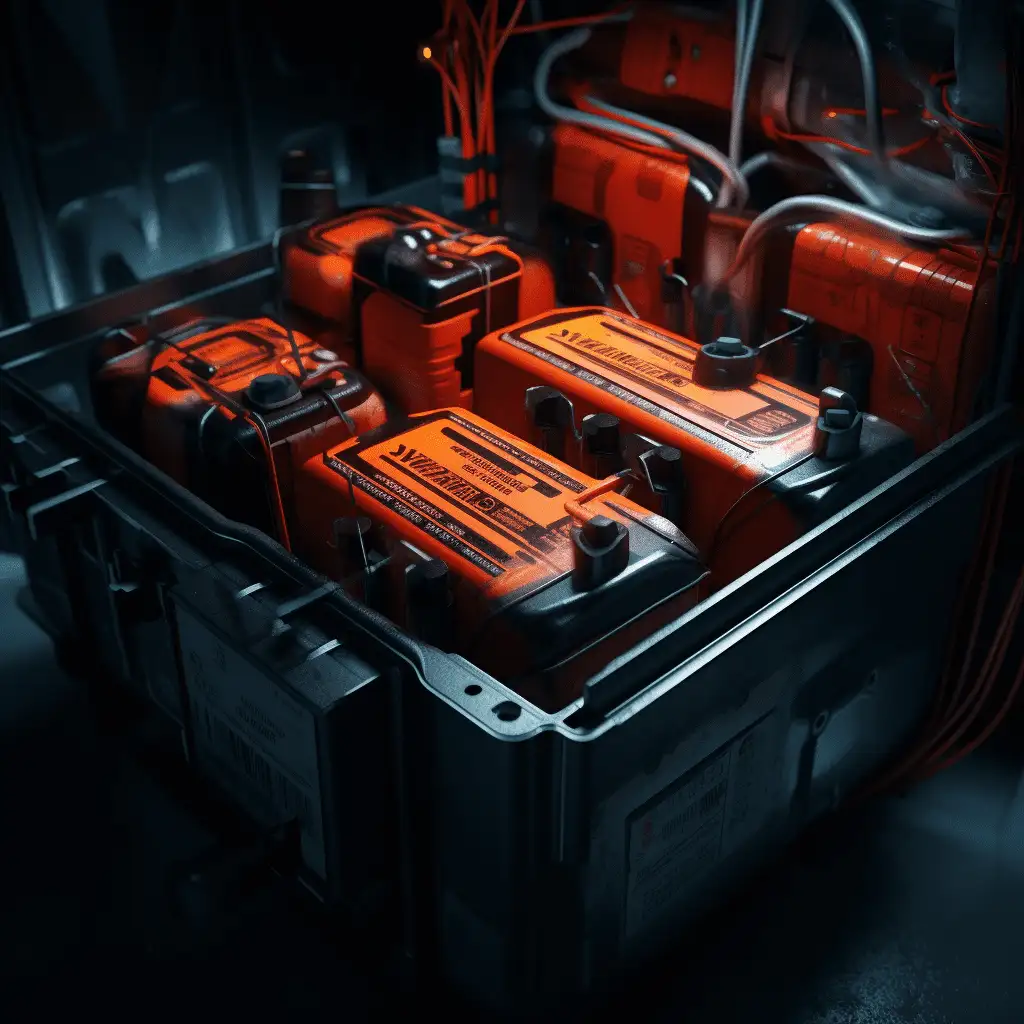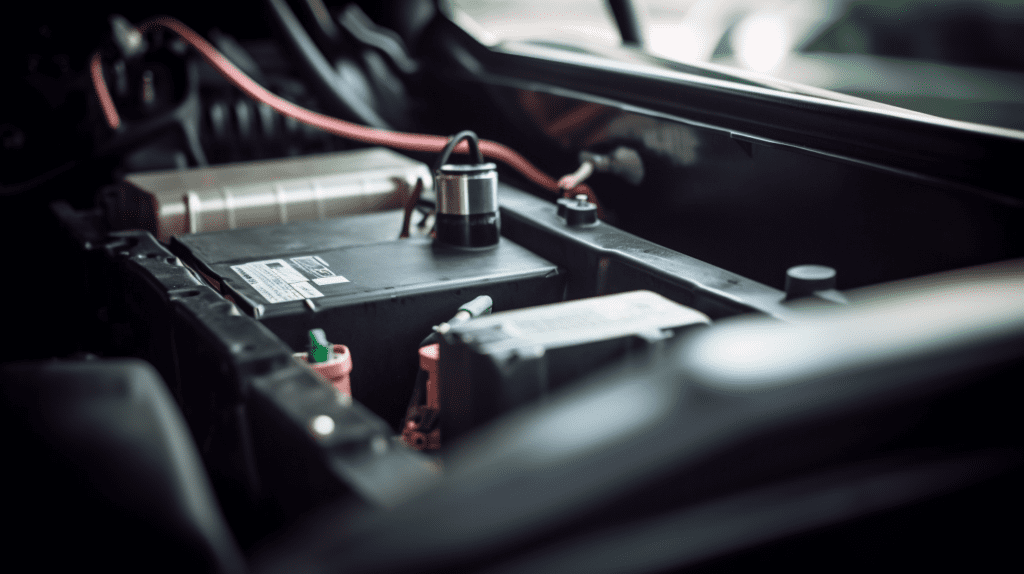Car battery capacity refers to the amount of energy a battery can store and deliver, typically measured in amp-hours (Ah). This capacity is crucial because it determines how long the battery can power the vehicle’s electrical systems before needing a recharge. For instance, a battery rated at 60 Ah can theoretically provide 1 amp of current for 60 hours or 60 amps for 1 hour. Understanding this helps in selecting the right battery for your vehicle’s needs.
How Does Voltage Affect Car Battery Performance?
The voltage of a car battery is an indicator of its electrical potential. Most car batteries operate at 12 volts, which is necessary to start the engine and power the vehicle’s electrical systems. If the voltage drops below a certain threshold (typically around 12.4 volts when not under load), it can indicate that the battery is discharged or failing. Maintaining proper voltage levels ensures optimal performance and longevity of the battery.
What Factors Influence Car Battery Capacity?
Several factors can affect a car battery’s capacity:
- Temperature: Extreme temperatures can reduce capacity; cold weather decreases chemical reactions within the battery, while heat can accelerate wear.
- Age: As batteries age, their ability to hold charge diminishes.
- Usage Patterns: Frequent short trips can prevent the battery from fully charging, leading to sulfation and reduced capacity over time.
How to Measure Car Battery Capacity?
To measure a car battery’s capacity:
- Use a Multimeter: Check the voltage across the terminals; a healthy battery should read around 12.6 volts.
- Load Testing: Apply a load (typically half the CCA rating) for 15 seconds; if the voltage drops below 9.6 volts during this test, the battery may be weak.
- Hydrometer Test: For lead-acid batteries, use a hydrometer to measure specific gravity, which indicates state of charge.
Why Should You Consider Upgrading Your Car Battery?
Upgrading your car battery may be beneficial if:
- You frequently use high-demand electronics (like sound systems).
- Your vehicle has been modified with additional electrical components.
- You experience starting issues or frequent battery replacements.
How to Maintain Your Car Battery for Optimal Performance?
Regular maintenance can extend your car battery’s life:
- Clean Terminals: Ensure terminals are free of corrosion.
- Check Fluid Levels: For non-sealed batteries, maintain proper electrolyte levels.
- Regular Charging: Use a trickle charger if your vehicle is not used often.
Industrial News
Recent advancements in automotive technology emphasize electric vehicles (EVs) and their reliance on high-capacity batteries. Companies are investing heavily in developing solid-state batteries that promise greater energy density and faster charging times compared to traditional lithium-ion batteries. This shift aims to enhance EV performance and sustainability in response to global environmental challenges.
Redway Expert Insights
“Understanding your car battery’s capacity and voltage is essential for ensuring your vehicle runs smoothly,” says automotive expert John Redway. “Regular checks and maintenance not only prolong the life of your battery but also enhance overall vehicle reliability.”
Can a 12V LiFePO4 Car Battery Replace the Lead Acid Car Battery
FAQ Section
What is a good car battery capacity?
A good car battery capacity typically ranges from 45 Ah to 100 Ah, depending on the vehicle type and electrical demands.How often should I replace my car battery?
Car batteries generally last between 3 to 5 years, but it’s advisable to have them tested annually after three years of use.Can I jump-start my car with a low-voltage battery?
Yes, but ensure that the voltage is not too low (below 9 volts) as it may not hold enough charge even after jump-starting.What should I do if my car won’t start?
Check the battery voltage first; if it’s low, try jump-starting or replacing the battery if it’s old or defective.






